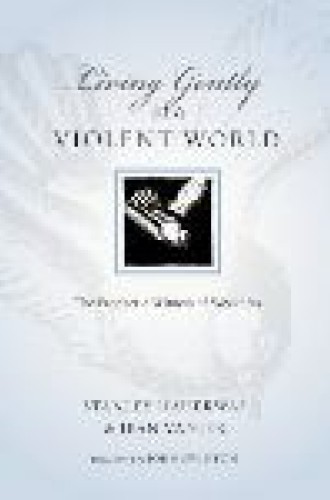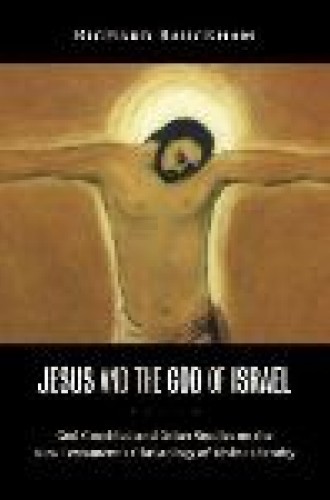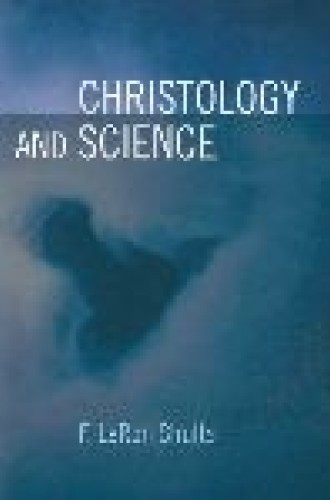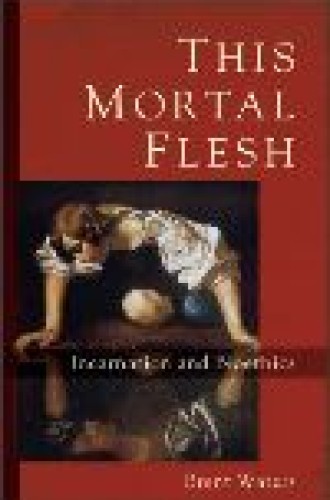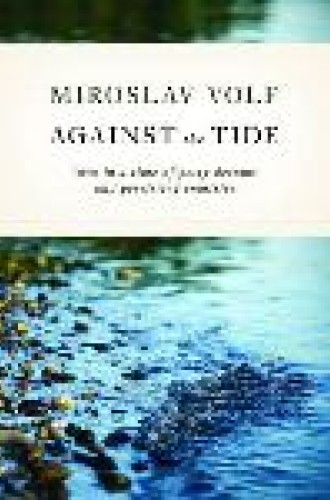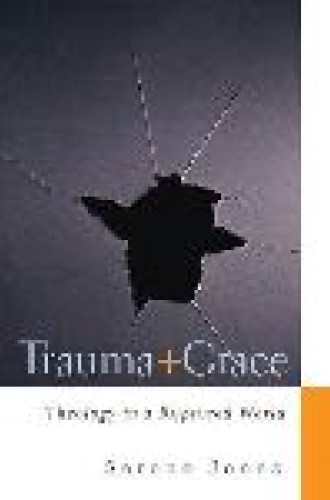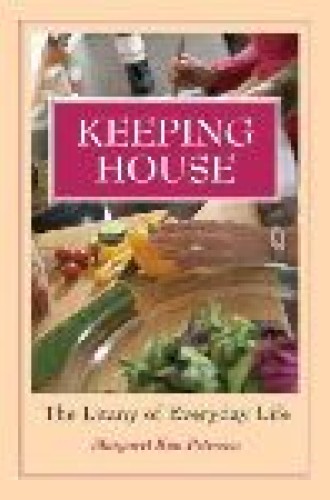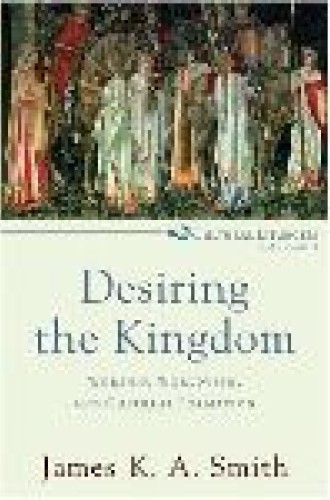CC recommends
Like the the L’Arche communities, this book calls us to a humanism that is tender, patient and present. Its humanism is rooted in the incarnation, for “the Word became flesh to bring people together” (Vanier), and is lived in the church, which proclaims a “politics of gentleness” (Hauerwas).
Poetry is often the best theology. Berry ducks “small, haughty doctrines” to seek salvation “by honester dirt.” His sage mind and poetic skill combine to skewer political arrogance, savage commercial folly, muse on growing old and lament a good dog’s death. Mindful of time and earth, of joy and love, Berry calls us to the hard work of a hope and peace and gratitude so incarnate that they rest “on the ground underfoot.”
Incarnation faith is at the very heart of the New Testament documents. Bauckham puts rigorous exegesis in the service of a vigorous theological claim: “the earliest Christology was already the highest Christology.” Shults approaches Christ from the perspective of modern science: he relates incarnation to evolution, atonement to anthropology, and parousia to cosmology. Slashing past the pros and cons of a host of biomedical issues, Waters finds at the heart of the debates the Edenic temptation to leave our creaturely humanity behind. In a technologized world, the “posthuman project” manifests itself most fully in efforts to leave behind what the Savior entered into: finite, mortal, human flesh.
This collection of Volf’s “Faith Matters” essays in the Christian Century is “re-gifting” of the best possible kind. Occasioned by everything from geopolitical events to everyday family life, these 66 essays are highly potent doses of theology. Volf never fails to offer a new angle of vision, a deeper dimension or an unnoticed connection.
Every day, traumas tear flesh, rip hearts and wound psyches. Rather than pass by on the other side, Jones enters into the hurt, whether global (the attacks of 9/11) or personal (miscarriage). Drawing on trauma studies and a robust theology of grace, she offers a clear-eyed account of our brokenness and God’s unending love.
This is a tasty casserole of social criticism, theological construction and pastoral wisdom. It reminds us that fulfilling the commands of Matthew 25 begins at home, where every day the hungry are fed and the naked clothed. But it doesn’t end there, for “a Christian home overflows its boundaries; it is an outpost of the kingdom of God.”
Chock full of pop-culture connections, Smith sees Christian worship and American culture as contesting “liturgies” of formation. Although clearly Reformed, the book is essential for all who plan worship, lead confirmation, teach Christians or preach to Americans. Take the "Doc Ock" challenge!
More CC recommends:
Theology ~ History and current events ~ Fiction
Poetry ~ Graphic novels ~ Children's books
Television on DVD ~ Popular music ~ Choral music


